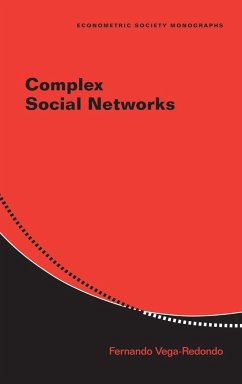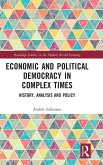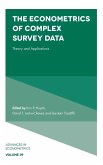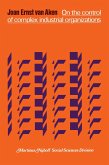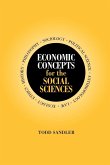The book provides a systematic and self-contained account of the fast-developing theory of complex social networks. Social networks are central to the understanding of most socio-economic phenomena in the modern world. The classical approach to studying them relies on a methodology that abstracts from their size and complexity. In contrast, the approach taken in this book keeps complexity at the core, whilst integrating it with the incentive considerations that are preeminent in traditional economic analysis. The treatment starts with a detailed discussion of the basic models that act as 'benchmarks' for the complex-network literature: random networks, small worlds, and scale-free networks, before studying three different forces that underlie almost all network phenomena in social contexts: diffusion, search, and play. Finally, these forces are combined into a unified framework that is brought to bear on the issue of network formation and the coevolution of agents' behaviour and their pattern of interaction.
Hinweis: Dieser Artikel kann nur an eine deutsche Lieferadresse ausgeliefert werden.
Hinweis: Dieser Artikel kann nur an eine deutsche Lieferadresse ausgeliefert werden.
"At the crossroads of economics and statistical physics, Complex Social Networks will be of interest to economists and physicists alike. To physicists, it will reveal the rich diversity of social and economic networks; to economists, it will introduce the tools and techniques of random graphs and complexity analysis. By integrating recent advances in the theory of complex networks with economic models of interaction, Fernando Vega Redondo sheds new light onto a number of fundamental issues: the diffusion of innovations in large societies, the optimal design of search algorithms in complex organizations, the achievement of coordination and cooperation among agents disseminated in social networks." --Francis Bloch, University of Aix-Marseille and University of Warwick

